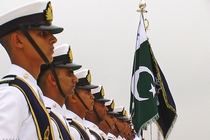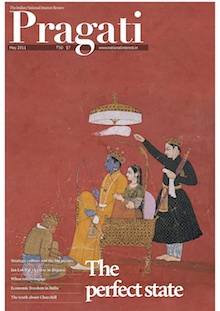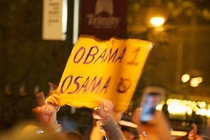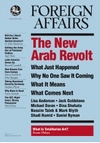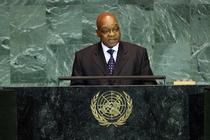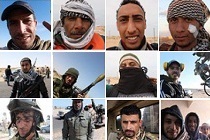U.S.-Pakistan: Allies or enemies
Even ardent supporters of Pakistan are unable to explain to Washington, and indeed the rest of the world, how Osama Bin Laden lived in a mansion with the Pakistani military and ISI as his neighbours. The implications on US-Pak relations are likely to be heavy.

